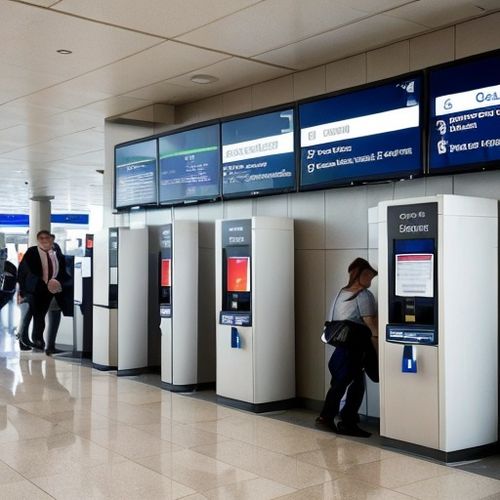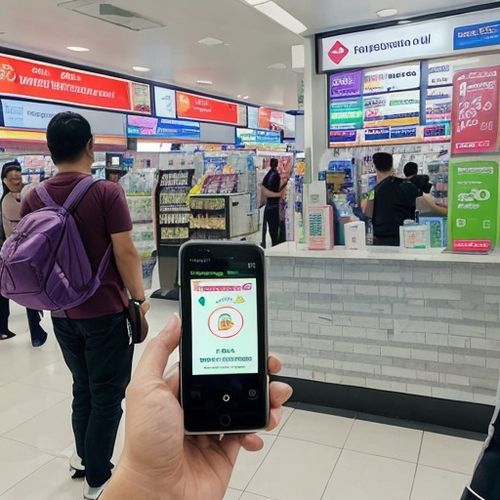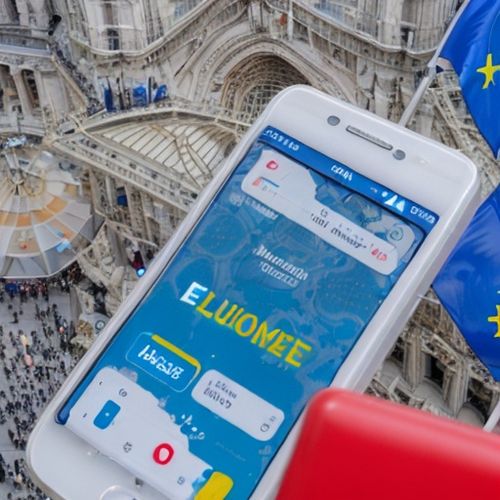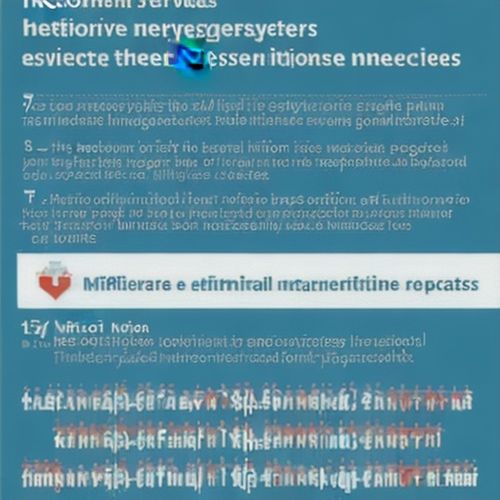The growing concerns over digital privacy have led many internet users to seek reliable solutions for protecting their personal data. In Germany, where data protection laws are among the strictest in the world, the demand for trustworthy VPN services has surged. A VPN, or Virtual Private Network, encrypts internet traffic and masks the user's IP address, ensuring anonymity and security. For Germans, choosing the right VPN is not just about bypassing geo-restrictions—it's about safeguarding their fundamental right to privacy.
Germany's stringent privacy laws play a significant role in shaping the VPN market. The country adheres to the General Data Protection Regulation (GDPR), which imposes heavy penalties on companies that mishandle user data. This legal framework has encouraged VPN providers to adopt strict no-logs policies and transparent data-handling practices. German users, aware of their rights, often prioritize services that are compliant with local regulations. As a result, many VPN companies have tailored their offerings to meet these high standards, ensuring that user data remains confidential and secure.
The rise of cyber threats has further fueled the adoption of VPNs in Germany. With increasing incidents of hacking, phishing, and government surveillance, individuals and businesses alike are turning to VPNs as a defensive tool. Public Wi-Fi networks, commonly found in cafes and airports, are particularly vulnerable to attacks. A VPN encrypts the connection, making it nearly impossible for hackers to intercept sensitive information. For Germans who value their privacy, using a VPN on unsecured networks has become second nature.
Another factor driving VPN usage in Germany is the desire to access unrestricted content. While the country has a relatively open internet, some streaming platforms and websites enforce regional blocks. A VPN allows users to bypass these restrictions by connecting to servers in other countries. However, Germans are not just looking for access—they want speed and reliability. Premium VPN services that offer fast servers and minimal latency are particularly popular among users who stream high-definition content or engage in online gaming.
The debate over VPN legitimacy continues to surface in Germany. While VPNs are legal, their misuse for illegal activities, such as piracy or cybercrime, has drawn scrutiny. Authorities emphasize that VPNs should be used responsibly and within the bounds of the law. Despite this, the majority of German VPN users employ the technology for legitimate purposes, such as protecting their privacy or accessing international news outlets. The key takeaway is that VPNs, when used ethically, are a powerful tool for preserving digital freedom.
Looking ahead, the VPN market in Germany shows no signs of slowing down. As awareness of online privacy grows, more individuals are expected to adopt VPNs as part of their daily internet routine. Providers that prioritize transparency, speed, and robust security measures will likely dominate the market. For Germans, the choice of a VPN is not just a technical decision—it's a statement about their commitment to privacy in an increasingly connected world.

By Grace Cox/Apr 14, 2025

By Emma Thompson/Apr 14, 2025

By Daniel Scott/Apr 14, 2025

By Rebecca Stewart/Apr 14, 2025

By Emily Johnson/Apr 14, 2025

By Megan Clark/Apr 14, 2025

By Emma Thompson/Apr 14, 2025

By Grace Cox/Apr 14, 2025

By Christopher Harris/Apr 14, 2025

By Joshua Howard/Apr 14, 2025

By Noah Bell/Apr 14, 2025

By Grace Cox/Apr 14, 2025

By Joshua Howard/Apr 14, 2025

By Victoria Gonzalez/Apr 14, 2025

By Grace Cox/Apr 14, 2025

By Christopher Harris/Apr 14, 2025

By Lily Simpson/Apr 14, 2025

By Laura Wilson/Apr 14, 2025

By Michael Brown/Apr 14, 2025

By Noah Bell/Apr 14, 2025